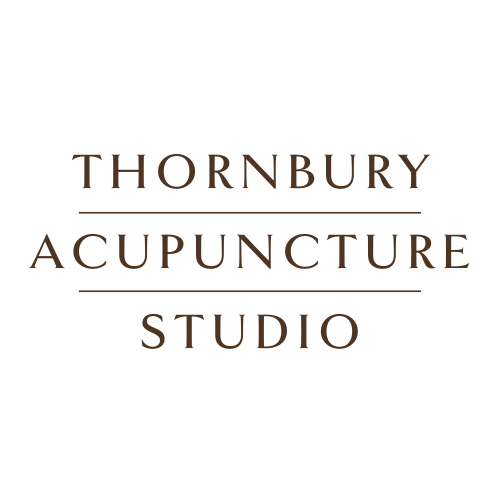Why is my hay fever getting worse?
It’s nearly summer, but for many of us hayfever is still going! In fact, many are suffering with hayfever symptoms well outside of the hayfever season, and for some, it never completely goes away, even in the cooler months.
If this is you, then read on. I’m going to explain hayfever from a Chinese medicine perspective; what causes it, why it tends to worsen over the years and what you can do to turn the tide for yourself and head towards milder hayfever symptoms every season.
These glorious spring flowers made us sneeze and had to be put outside!
How does a healthy system react to pollens?
First let’s talk about how a healthy body reacts to pollens and what purpose pollens serve in our lives. To a healthy body, pollen is information. It stimulates our senses with strong scents, informing us about the natural environment we live in and connecting us to the land we live on. These gorgeous and heady scents stimulate a springtime awakening in us, propelling us out of the more reflective wintertime and into new projects, ideas and visions. Pollens are about potential; they are a promise that our lives will grow, expand and bear fruit in the same way that an apple blossom will become an apple come autumn. Plus from a more practical perspective, without them we wouldn’t have any food!
What causes hayfever?
To some of us the springtime pollen overload is just too much sensory information for our system to handle, and is thus perceived by our immune system as a threat. The immune system gets to work 24/7 trying to eliminate this threat by repeatedly flushing our nose, eyes, sinuses and ears with mucous and irritating our mucous membranes causing itch and redness.
Why do some of us react more to pollens than others?
The immune system begins to overreact to harmless pollens when the body is already overloaded and overwhelmed. Common immune system stressors include pesticides, synthetic substances, petrol and diesel fumes, drugs, alcohol, junk foods such as sugar and poor-quality fats, radiation and heavy metals. According to Chinese medicine theory, the body stores what it cannot process and eliminate in the moment. The body accumulates these stressors in acupuncture channels called the divergent meridians where they are safely out of sight and out of mind for the short term. In the long term however, as we age or become stressed and tired, these storage systems can begin to fail, and the excess can leak out causing day-to-day symptoms.
So, what can I do the reduce the load on my immune system?
Most people know what their biggest hayfever and allergy triggers are and are already doing their best to keep their exposure to a minimum. Here I’m providing a list of things you might like to consider to help prevent further system overload, and provide the body with opportunities to detox.
1. Live as cleanly as possible; choose natural or organic cleaning, skincare and cosmetic products. If you live in Trentham like us, head down to the Greenstore for a range of natural household and personal care products. In Melbourne Wild Things Food has a range of refillable household products. For fantastic low impact cosmetics, check out Adorn.
2. Eat fresh organic or sustainably grown produce. For those in Melbourne, visit the Melbourne Farmers Markets for fantastic produce. If you’re in the Macedon ranges find local markets here.
3. Eat plenty of vegetables. Aim for veggies to comprise up to 50% of your diet, with an emphasis on leafy greens.
4. Drink filtered water with mineral replacement added. We use Aussie Trace Minerals.
5. Drink warm water first thing in the morning – yes, before your morning tea or coffee! This helps to give the body adequate hydration to flush out irritants.
6. Reduce your intake of stimulants – this includes caffeine, alcohol and chocolate.
7. If you suffer from redness, irritation, and sensations of heat in the body, reduce inflammatory foods such as garlic, onions, chilli and chocolate.
8. If you suffer from copious nasal discharge or brain fog, reduce mucous-producing foods such as wheat, sugar, dairy and cold or raw foods.
9. Make sure you are adequately rested and choose activities that reduce stress; this helps provide opportunities for the body to detox. Reducing screen time can be a big help.
Where to from here?
If you need further assistance with managing hayfever, it might be worth considering acupuncture or Chinese herbs. Rose and Jeremy have plenty of experience working with hayfever and would be happy to help.
To book a Thornbury appointment click here.
To book a Trentham appointment click here.

